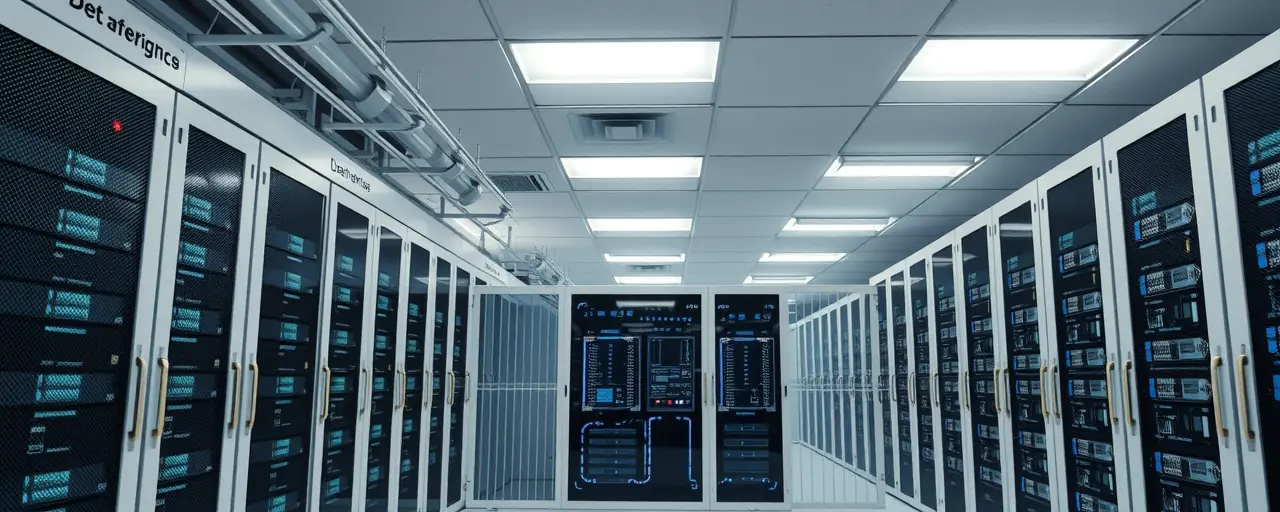A Necessary Stand for Our Future
The United States faces a defining challenge. Chinese students, some with ties to the Chinese Communist Party, enroll in our universities to study fields like artificial intelligence and quantum computing. The Trump administration’s decision to revoke their visas represents a critical defense against a rival nation’s growing influence. For years, we’ve overlooked the dangers of open academic exchange with China. That ends now.
Beijing’s reach into American campuses has expanded steadily. Through talent programs and hidden funding, the CCP targets our most advanced research. The Department of Justice has prosecuted professors at institutions like Kansas and Georgia Tech for concealing connections to Chinese government initiatives. These cases reveal a deliberate effort to undermine our technological leadership. Why allow this threat to persist?
Some argue that visa restrictions harm academic freedom and economic benefits, citing the $43.8 billion international students contribute annually. Yet, the cost of losing our innovative edge is far greater. National security forms the bedrock of our independence. Secretary Marco Rubio and the State Department are right to place it first.
Undeniable Evidence Demands Action
Recent developments highlight the urgency. A 2025 Executive Order required universities to report all foreign funding, uncovering extensive undisclosed ties to Chinese entities. Institutions like Stanford launched review programs, but self-regulation falls short. Cases at Texas A&M and West Virginia University expose the CCP’s calculated strategy to exploit our academic openness through talent-recruitment schemes.
History offers clear warnings. During the Cold War, foreign influence in academia raised alarms, yet we permitted China’s Confucius Institutes to spread after 2004. By 2020, their designation as foreign missions confirmed their role as propaganda tools. Today’s visa revocations target students in sensitive fields who may advance Beijing’s goals, building on past lessons. Can we risk repeating those errors?
Data supports the policy. Since 2024, tightened visa rules led to an 11 percent drop in international student enrollment, with Chinese numbers falling significantly. Indian enrollment, however, surged 23 percent, showing we can attract talent without jeopardizing security. Critics warn of students flocking to the UK or Canada, but those nations also grapple with espionage. Our focus must remain on protecting our research.
Exposing the Flaws of Open Exchange
Supporters of unrestricted academic exchange emphasize global collaboration and campus diversity. They claim visa revocations stifle free expression and innovation. Yet, this perspective ignores the CCP’s true aim: to dominate technology and weaken our defenses. Permitting unchecked access to our labs invites exploitation, not partnership.
Economic arguments also falter. International students generate jobs, but our $650 billion trade relationship with China proves we don’t depend on their tuition. Strategic decoupling in areas like semiconductors is already progressing. Applying similar scrutiny to universities aligns with that approach. The danger of espionage outweighs temporary economic concerns.
Beijing’s diplomatic complaints about visa policies lack credibility. China restricts foreign scholars and censors the internet, showing little interest in reciprocal exchange. Why extend openness they reject? The Trump administration’s stance delivers a firm message: we will protect our interests in this era of strategic rivalry.
A Bold Vision for Security and Strength
Revoking visas marks a decisive step toward safeguarding our universities. Secretary Rubio’s plan to pause new student visa appointments and tighten criteria for Chinese applicants prioritizes prevention over reaction. It builds on conservative efforts, from labeling Confucius Institutes as foreign missions to advancing the Stop CCP Visas Act, ensuring our academic institutions remain secure.
We can still embrace global talent. Indian students are offsetting declines in Chinese enrollment, proving we can maintain academic excellence while prioritizing allies. Ignoring the CCP’s influence, however, courts disaster. Are we prepared to sacrifice our security for the appearance of openness?
This policy reflects resolve, not paranoia. The U.S.-China rivalry, from tariffs to tensions in the Taiwan Strait, shapes our time. Our universities are a critical front in this contest. By targeting CCP-linked students, we protect our innovation and assert our strength. Let’s stand united, defend our research, and secure our nation’s future.
